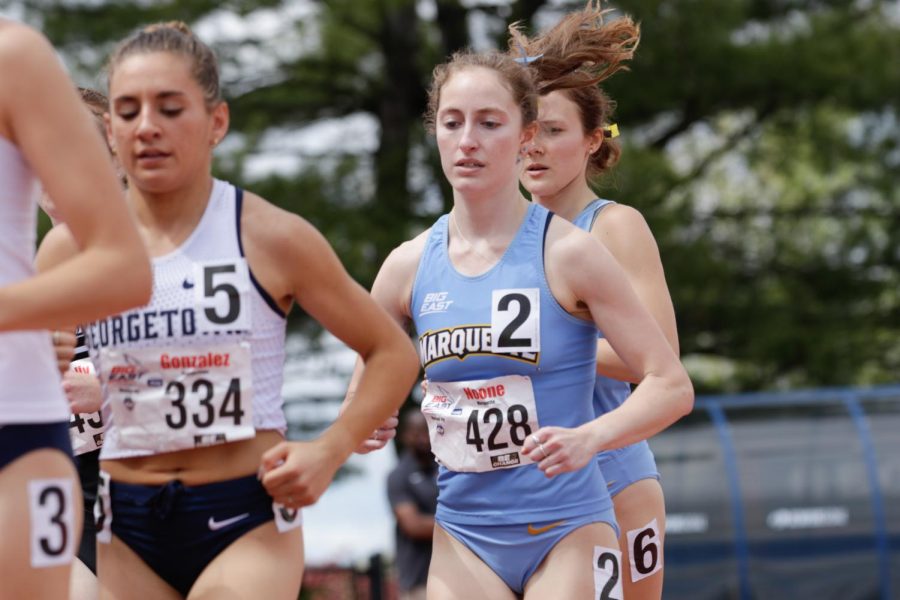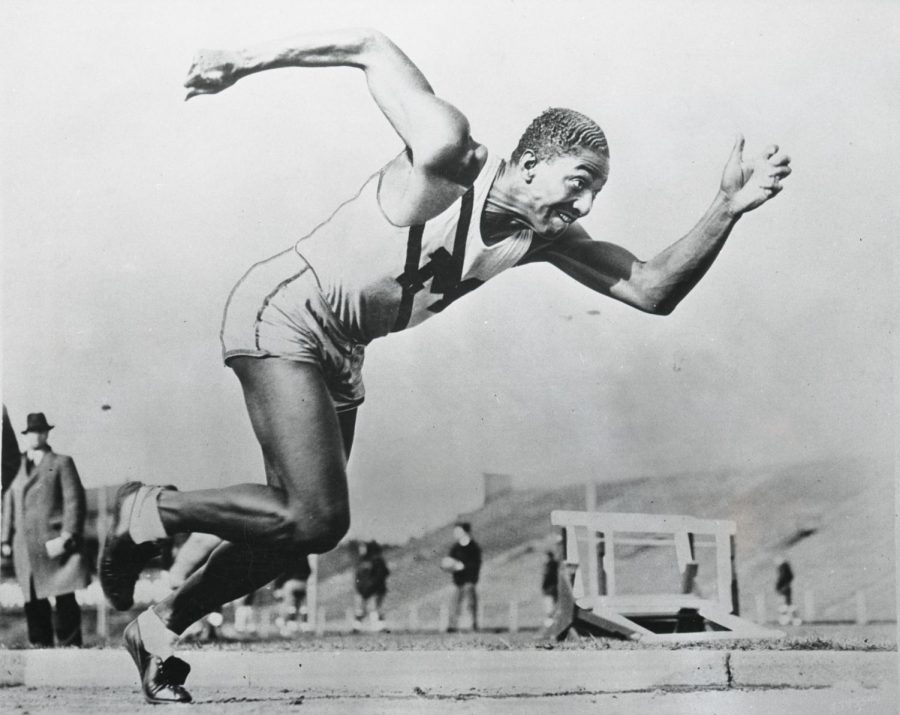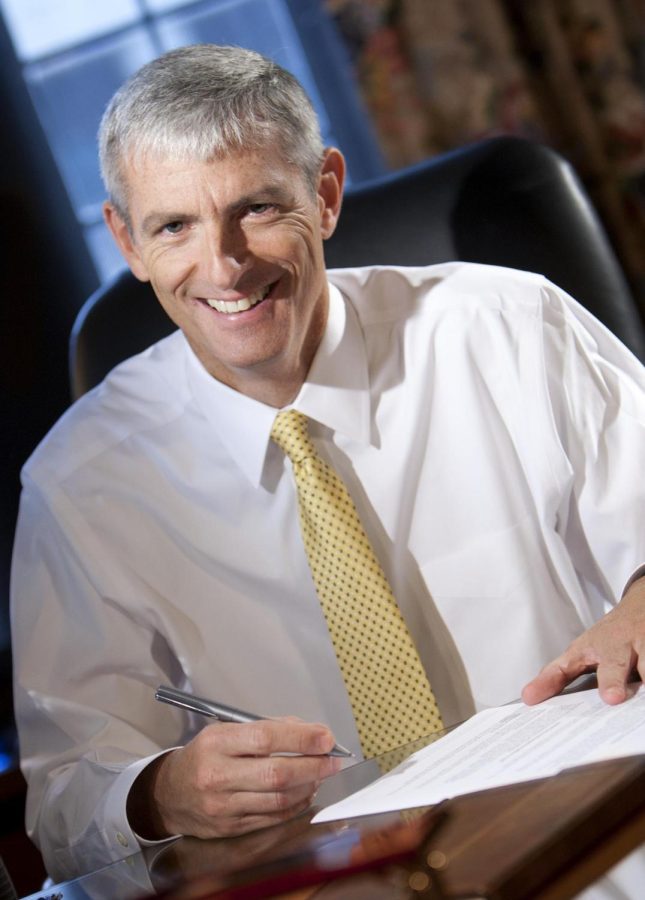 It didn’t really matter what Ralph Metcalfe was doing – he always seemed to be finishing first.
It didn’t really matter what Ralph Metcalfe was doing – he always seemed to be finishing first.
He was the first person determined to recognize the struggles and achievements of black Americans by declaring February Black History Month. Before that, he was the first black president pro tempore of the Chicago City Council. And before that, before he went all suit-and-tie on us and became a congressman, he was the fastest moving human on the planet.
Oh, and let’s not forget about the races. He won a ton of them. Metcalfe had more blue ribbons than a state fair. In fact, after he lost his first collegiate event — a 40-yard dash to a teammate — the man nicknamed Rabbit never lost another race in a Marquette uniform. They should have just called him Goat instead, because he was the Greatest Of All Time.
After he stomped through the NCAA like a god-awful T-Rex, Metcalfe went on to capture four Olympic medals, including a gold in the 1936 Berlin games as a member of the 4×100 relay team that included the legendary Jesse Owens.
Owens, whom Metcalfe bested on several occasions, once said this about his biggest rival:
“He was a locomotive. If you were ever ahead of him, you had to worry every second about how fast he was gaining on you. If you were ever behind him, you lost.”
Like a pop fly in a Wisconsin snowstorm, he was impossible to catch.
And the list goes on. Metcalfe earned a master’s degree at South Carolina, was a coach at Xavier University of Louisiana and a veteran of World War II. He was co-founder of the Congressional Black Caucus and a member of the first intercollegiate Greek fraternity established for blacks. He was the first person to win the NCAA 200-meter title three years in a row. He makes Superman look like an underachiever.
Metcalfe’s whole life was about doing things bigger and better than everybody else. Why get second place when you can get first? Why be an athlete when you can be a politician, too? And why stop at changing the history of track and field when you can change the history of the entire world?
In a lifetime filled with so many accomplishments and records and splendor, it is hard to single out the one thing that defined Metcalfe’s existence. But if you had to pick his one masterpiece, it would have to be this: The entire month of February is now a platform through which all blacks are honored, and it’s all thanks to Ralph Metcalfe. That’s his Sistine Chapel right there.
“Athletically he was tremendous, but I think the athletics were just the starting point for him,” track and field coach Bert Rogers said. “The impact he made with his politics and policies is definitely the legacy he left behind. His athletics were just a unique complement to that.”
He defined what it meant to be a student-athlete. He was more well-rounded than the track he dominated. He was a true gentleman and a classy competitor. And in a head-to-head race with fellow legend Dwyane Wade for ultimate school supremacy, he gets barely edged out, and that’s only because he didn’t have his own line of overpriced shoes.
But one thing is for sure: In this life or the next, the world will never see another person like Ralph Metcalfe. His unique blend of athleticism, humility and unfailing leadership didn’t just break the mold, it shattered it. He was Marquette’s original superstar. And he sure was fast.









